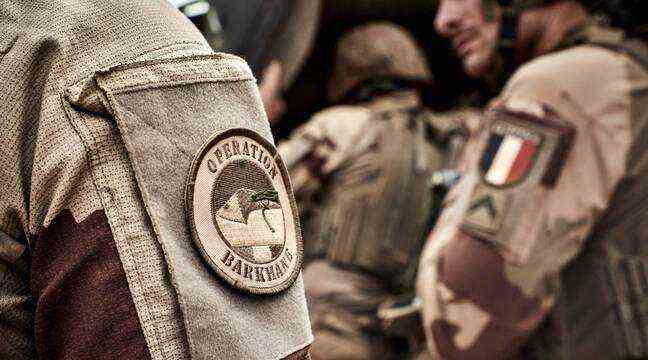The rag has been burning for several weeks between Mali and France. Faced with a military junta that is turning away from the former colonial power and its European allies to turn towards Russia, Jean-Yves Le Drian is trying to use carrots and sticks to regain influence in the region while reducing military personnel on site. Did you follow anything about the situation in the Sahel? 20 minutes sums up the resurgence of tensions in three stages.
News of the day
“Given this situation, given the breakdown of the political framework and the military framework (in Mali), we cannot remain as is. “Somewhat vehemently, the head of French diplomacy Jean-Yves Le Drian announced on RTL that he had “engaged in discussions” with African and European partners “to find out how we can adapt our system according to the new situation”. Without announcing a withdrawal of the Barkhane force, this adaptation would be the continuity of a gradual withdrawal of French forces in Mali, partly for the benefit of the European group Takouba.
But the latter has been in trouble since the forced withdrawal of the Danes on Thursday, at the request of Mali. On the side of the military junta, we “are not excluding anything in relation to these questions if it does not take our interests into account”, declared Foreign Minister Abdoulaye Diop, even if the question of the request for a departure French forces “is not on the table for the moment.
The origin of the conflict
Since the military putsch in August 2020, reinforced by a second in May 2021, relations have only deteriorated between Bamako and Paris. The Malian army, surfing on an anti-French feeling reinforced by a continuous military presence since 2013, notably questioned the defense agreements linking France and Mali, and called on Russian mercenaries from the private company Wagner. This contingent continues to grow, even if Mali denies any contract. The Russian presence appears as a very clear threat to European influence in the region, where Mali occupies a strategic position.
The junta also suspended elections scheduled for February, officially due to its inability to hold them safely. But the neighboring countries see it as a desire of the military to stay in power.
The word of the expert
What is at stake in Mali is in fact the future of what is sometimes called Françafrique. Thus, the journalist Isabelle Lasserre notes in her essay Macron, the disruptive (ed. L’Observatoire) that “the bet made on local armies and the efforts made to bring back state services in these countries have failed”. Latest example to date, the requirement of the Malian junta for the withdrawal of Danish troops on Thursday. A way of “signifying that it is they who decide in Mali and telling France that it cannot invite” the army of another country on their soil, according to Signe Marie Cold-Ravnkilde, researcher at the Institute Danish for International Studies (DIIS)
interviewed by the daily Berlingske.

